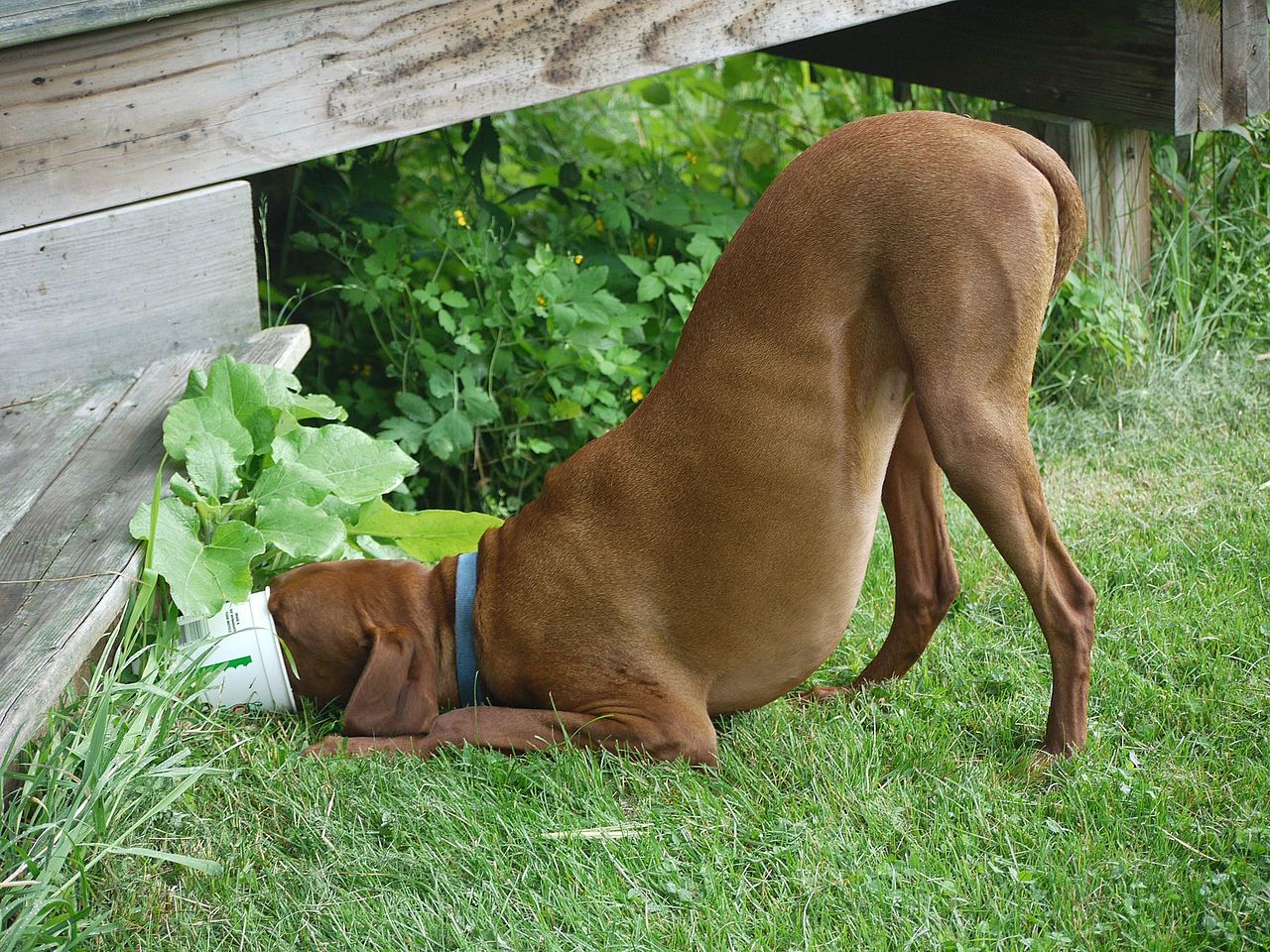
There are many foods we humans eat regularly that can be toxic to dogs. I don’t know about you, but my dog is very good at giving me that puppy dog look when I’m eating something he wants. Okay when I’m eating anything, he wants it. But he goes especially nuts over cheese it seems. He loves the stuff and never misses a chance to get some. In fact, I don’t know any dog I’ve owned that hasn’t loved cheese. It made me wonder can dogs eat cheese?
Can Dogs Eat Cheese?
In fact, many dogs can eat cheese without any serious signs of distress. Bite sized pieces can be a great tool as a reward during obedience training. Cheese is actually a great food to use when you need to give your dog a medicine or other supplement in pill form. Wrap the cheese around the pill but be sure to smash it into the cheese a bit to keep your dog from spitting the pill out.
Will Cheese Make Dogs Sick?
What I discovered is that some dogs can be lactose intolerant. If this is the case for your dog than eating cheese could be uncomfortable. Although in most cases eating cheese would cause digestive discomfort rather than a fatal reaction. In addition, cheese can be very high in fat and sodium which can be harmful to your dog over time. If you do decide to let your dog eat cheese, feed small amounts in moderation rather than on a daily basis to be safe. Whatever cheese your dog eats, make sure it doesn’t have other ingredients in it that can harm your dog such as garlic.
Can They Eat Too Much Cheese?
Most dogs who aren’t lactose intolerant can eat cheese occasionally. If you’re feeding cheese to dogs for the first time, you’ll want to watch your dog carefully for any signs or symptoms of discomfort. Some symptoms that could indicate problems include digestive upset or changes to your dog’s bathroom habits.
Dogs that eat too much cheese may also experience other symptoms such as bloating, vomiting, gas, or diarrhea. Keep in mind that one slice of most cheeses equals about 90 calories, this would be a lot for small dogs. If you suspect your dog has eaten too much cheese or is having a reaction to eating cheese, stop feeding it to them immediately. If your dog is having severe reactions such as vomiting or trouble breathing, seek immediate help from your veterinarian.
What About Mozzarella Cheese?
When it comes to cheese, mozzarella cheese is lower in fat than many other cheeses. If your dog has experienced negative symptoms from eating cheeses of other varieties, you may want to try mozzarella. Some dogs with lactose intolerance may be able to tolerate mozzarella cheese better than other cheeses. Be cautious about the amount of mozzarella cheese your dog eats though because it is high in sodium.
Can Dogs Eat String Cheese?
If you’re someone who enjoys a stick of string cheese now and then you may wonder if dogs can eat string cheese? The truth is string cheese is no different than other cheeses in most cases. Most string cheese is also low fat. Other cheeses that are lower in fat include Colby cheese, Monterey Jack, and Swiss cheese. If your dog is a professional beggar like mine, be sure to look for low-sodium versions of string cheese to be on the safe side. Too much high-fat or high sodium cheese can cause issues for your dog over time.
Can Dogs Eat Cheddar Cheese?
Most dogs can eat cheddar cheese better than other cheeses. Cheddar cheese is an aged cheese. This means it contains very little lactose. So, for dogs who are lactose intolerant, cheddar cheese can be an alternative. Even cheddar cheese should be fed in moderation because it is still high in calories and fat. For dogs that are already overweight, sharing your cheese might do them more harm than good.
Can They Eat Cottage Cheese?
One type of cheese you may not consider sharing with your dog is cottage cheese but it’s actually one of the best cheeses for them. Cottage cheese is lower in fat and lower in sodium than most other cheeses. Although it’s a little messier to feed, cottage cheese is a very good treat for your dog. It can be mixed in with their regular dog food or dogs can eat cottage cheese plain. If you choose to feed cottage cheese, make sure you discard any dog food that is not eaten within a couple hours. You’ll also want to clean your dog’s dish regularly to prevent any mold from building up.
Is Cheese Good for Dogs?

Cheese is a great source of protein for your dog and it’s high in calcium, Vitamin A, and B Vitamins. It also contains fatty acids that are good for your dog. Whether it’s Mozzarella, string cheese, or cottage cheese, your dog can get some benefits from it if you feed in moderation. It’s important to avoid any moldy cheeses as these can be harmful to your dog. The real thing to pay attention to when letting dogs eat cheese is the sodium content. Some cheeses are higher in sodium than others and this can cause toxicity in your dogs.
So, when it comes to cheese, there are many benefits to letting dogs eat cheese as long as it’s in moderation. Start with a small amount of a low fat, low sodium cheese. Feed your dog cheese occasionally and then carefully observe to make sure they are not having adverse effects or symptoms from eating cheese. Keep in mind the cheese is high in calories so smaller dogs should eat less cheese than larger dogs.
But if you feed cheese in moderation and your dog does not show signs of lactose intolerance, cheese should be a good treat for most dogs. Be forewarned though, most dogs love cheese and will come begging for more after the first bite. It’s up to you to restrict them to a healthy amount.